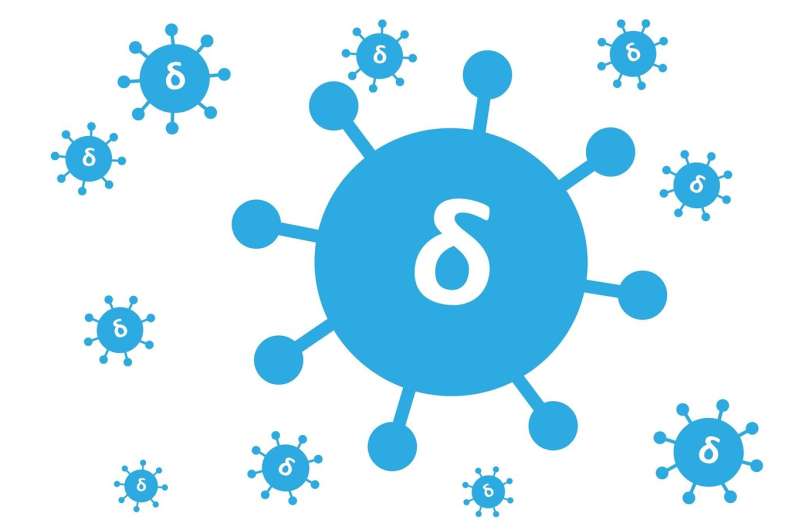

New Zealand Prime Minister Jacinda Ardern defended her “COVID zero” elimination strategy Thursday amid fears an outbreak of the highly transmissible Delta variant has rendered the previously successful policy ineffective.
A Delta case emerged in Auckland last week, ending a six-month run without local transmission in New Zealand, one of the world’s last COVID-free zones.
That infection has since ballooned into the largest cluster the country has recorded throughout the entire pandemic, with 277 cases.
Ardern said she believed even the Delta strain could again be stamped out in the community and health experts were advising her to stick with the elimination approach.
“In their view, it’s not only possible, it remains the best strategy and I totally agree,” she said Thursday after announcing 68 new community cases.
Her Australian counterpart Scott Morrison this week said it was “just absurd” to try to eliminate Delta, adding: “New Zealand can’t do that.”
Australia pursued a COVID-zero policy for about 18 months, but runaway Delta outbreaks mean some authorities there are now talking more about containment than elimination.
The New Zealand Herald this week asked if Ardern was “chasing rainbows” trying to quash Delta and even her COVID-19 Response Minister Chris Hipkins conceded it raised “big questions” about the policy’s effectiveness.
Ardern said she was “not fussed” by such concerns, pointing to the success of a pandemic response in New Zealand which has resulted in just 26 deaths among a population of five million.
“We wanted to save people’s lives, and we have; We wanted to try to have people’s lives lived as normally as possible, and we’ve had some of the shortest periods of restrictions of any country,” she said.
“And we wanted to save jobs and the economy, with the economy running at pre-COVID levels, we’ve done that too.”
Ardern said Delta had forced tweaks to the elimination strategy—such as a faster national lockdown and more extensive testing—but it was still a valid goal.
She said New Zealand could examine alternative policies when it improved vaccination rates, which are currently among the lowest in the developed world, with about 20 percent of the population fully inoculated.
Source: Read Full Article